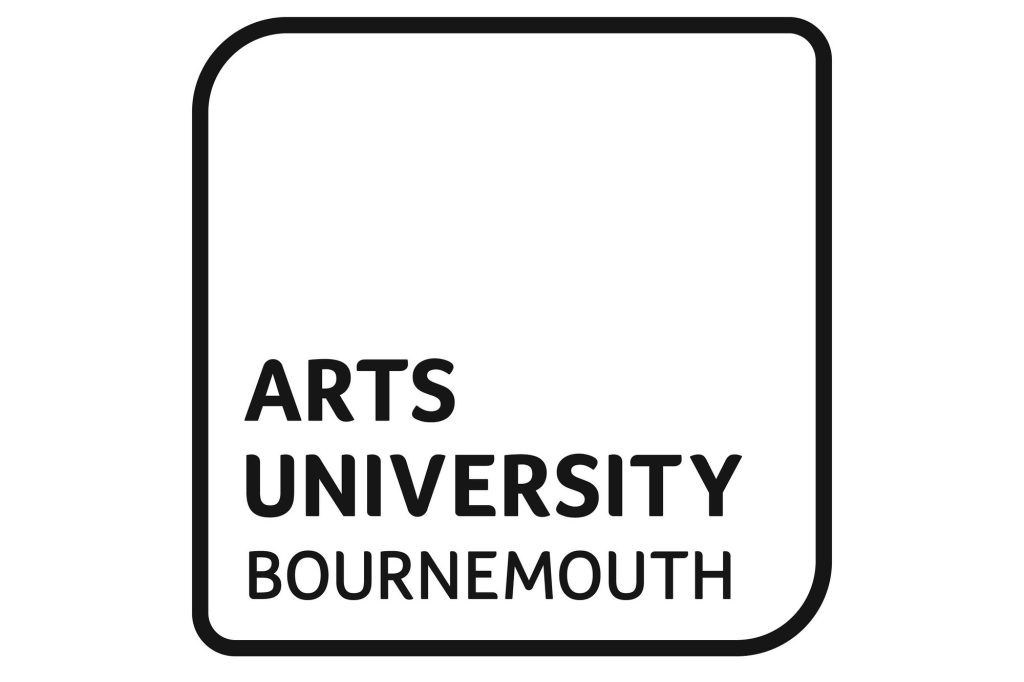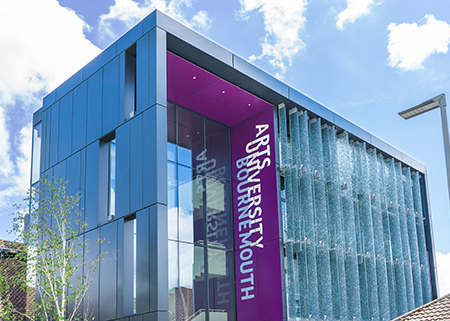
Why tell your stories or make your films in the same way as everyone else? Realise your ambitions while exploring new filmmaking approaches in the context of an international learning community that champions research driven experimentation and peer feedback.
The MA Film Practice online programme is your opportunity to explore the creative depths of filmmaking as an art form.
You’ll be encouraged to challenge established, mainstream modes of filmmaking and think critically about how your work responds to the contemporary world. Through this course, you’ll build an expansive understanding of film, its audiences, and the many contexts in which it can be presented.
Share your details in order to receive information about this high quality online masters course.
Duration: two year
Delivery: online and part-time
Start dates: January, May and September
Next welcome week: 11 September 2023
Next course start date: 18 September 2023
Application deadline: 28 August 2023
Total course fee: £8,500
With our support, and in conjunction with other students, you’ll get to research areas of interest while putting your knowledge into practice. You’ll actively expand your body of work and professional skill set through a series of structured creative projects, collaborative activities, critical self-reflection, and bespoke mentorship.
By the end of the course, you’ll emerge as a reflective and critically engaged film practitioner with the capabilities needed to innovate in the evolving fields of film production and exhibition.
In this introductory module, we’ll help you evaluate your experiences and knowledge to further inform your creative development. You’ll position your practice, establish or reinforce a critically informed grounding in filmmaking, and start a reflective journal practice to support your studies.
During this module, you’ll develop new working methods and specialist techniques to enhance your practice. You’ll consider the contextual factors that shape your filmmaking, and get to experiment with different creative approaches to strengthen your practical abilities.
This module will help you gain the expertise necessary to analyse film as an art form. We’ll explore different styles and forms of moving imagery, the history of creative techniques, contemporary developments in film theory, philosophical perspectives, and more.
Together, we’ll look at the challenges and possibilities of performance and cooperation in filmmaking. This module will encourage you to think about how your practice involves and relates to other people in order to expand your understanding of diverse creative techniques and produce culturally relevant work.
Co-lab is an interdisciplinary module that focuses on discovering collaborative ways of working and exploring new areas or creative approaches outside of your comfort zone. You’ll learn how to engage with ideas and processes that are unfamiliar to you and consider how your work is impacted by the contribution of others.
This module will help you understand how to apply research and specialist practical techniques to inform and support the construction of narrative in your filmmaking. We’ll investigate key concepts within film studies to help you consider structure, form and meaning in your work.
Your studies here will broaden your understanding of film’s cultural and political role in relation to the wider creative industries. You’ll look at how films are made in commercial and artistic environments: production, distribution, marketing processes, and much more.
In this module, we’ll focus on important issues around representation and ethics in filmmaking. You’ll be challenged to critically consider who you choose to work with at each stage of your film practice, how your present them, and the perspective from which your work is created.
The Thesis Film Proposal module will guide you through the development process of your final project, giving you an opportunity to create and present your ideas and plans. Throughout the module, we’ll support you in researching, conceptualising, refining, and planning your project.
As the final part of the course, this module revolves around the creation of your individual, research-informed project – typically a fiction, documentary, experimental film or similar audio-visual artwork. You’ll also document the practical processes and produce a critical reflection.
Benefits of learning online with us

• No visas or moving costs
• Access course from anywhere in the world
• Spend approx. 20-25 hours studying each week
• All course materials are available on demand
• Revise on the days and times that suit you best
• Course modules broken down into weekly segments
• Fit studies around work, family and social life
• Support with non-academic queries from a student adviser team

The MA Film Practice programme will prepare you for the next phase in your journey as a creator.
You’ll not only understand how to think outside of the box, but how to apply it to your craft and collaborations as well. Just as importantly, you’ll be able to analyse and appreciate the work of others, and hold a deeper understanding of filmmaking as a discipline.
Combined, these skills will allow you to pursue a number of roles, such as:
Our course is designed to help you develop the professional and interpersonal skills needed to succeed in the film industry. Through this course you will be able to cultivate and sharpen your specialism whilst building skills that reflect current film practice and technology.
Some of our graduates have succeeded in roles such as:

Benefits of learning online with us
We encourage applications from students with a broad range of qualifications and we welcome students from all educational backgrounds. We’ll take into account the knowledge and skills that you have developed outside the classroom, as well as your previous qualifications.
There are two different routes to entry: the standard and non-standard routes. Admissions staff will assess entries to determine which route is appropriate for you when you apply.
Students accepted on the standard route are given offers based on qualifications and supporting documentation alone. If you do not have a qualification at the designated level or in a subject not directly related to the course to which you are applying, you’ll be contacted to request a portfolio, and/or given an interview date.
You’ll usually have BA (Hons) Degree graded at 2.2 or above, or an equivalent UK or international qualification in film or the following related subjects: animation, photography, fine art, or media.
As an overseas applicant, you’ll need to validate your proficiency in English. We accept a range of English language qualifications:
IELTS, Pearson, and TOEFL scores must be less than two years old at the time the course commences to be valid.
Non-Standard route
Applications are also welcomed from those with other qualifications or with work which demonstrates appropriate knowledge and skills to study at postgraduate level.
Your application will be considered for entry if there is sufficient evidence to indicate that you have the potential to fulfil the objectives of the course of study and to achieve the standard of the final award.
Equipment Requirements
Since this course is taught online, you’ll need access to equipment and software to carry out project work and undertake practical filmmaking activities independently.
Your equipment needs may vary depending on your career focus and the projects you take on, but our minimum recommendation is:
Contact our Course Adviser team if you need any equipment suggestions, or if you’d like to discuss these requirements in more detail.
Share your details in order to receive information about this high quality online masters course.

Fuel your ambition and achieve a big increase in your earning potential by studying one of our high quality flexible master programs developed by some of the top British Universities.
® London House Academy 2023 | Powered by diho.mx